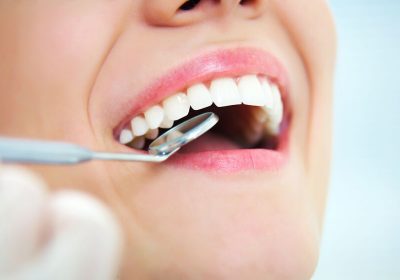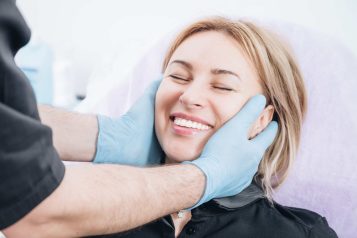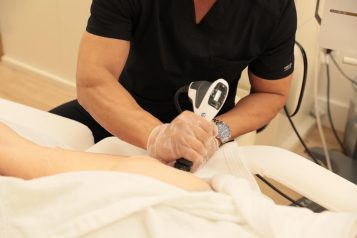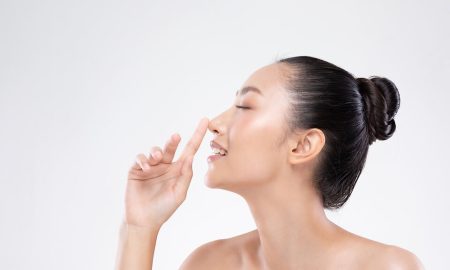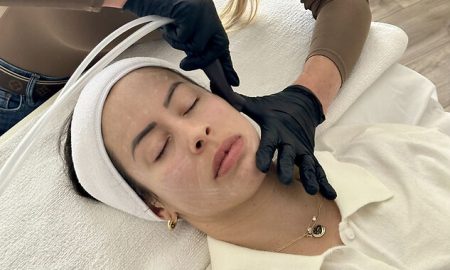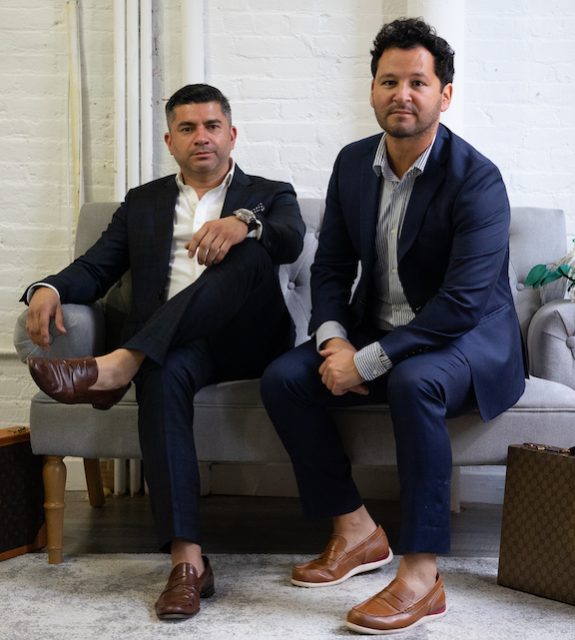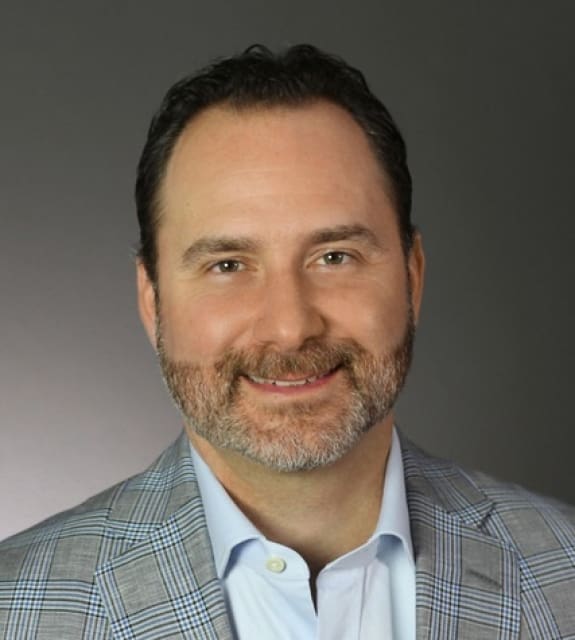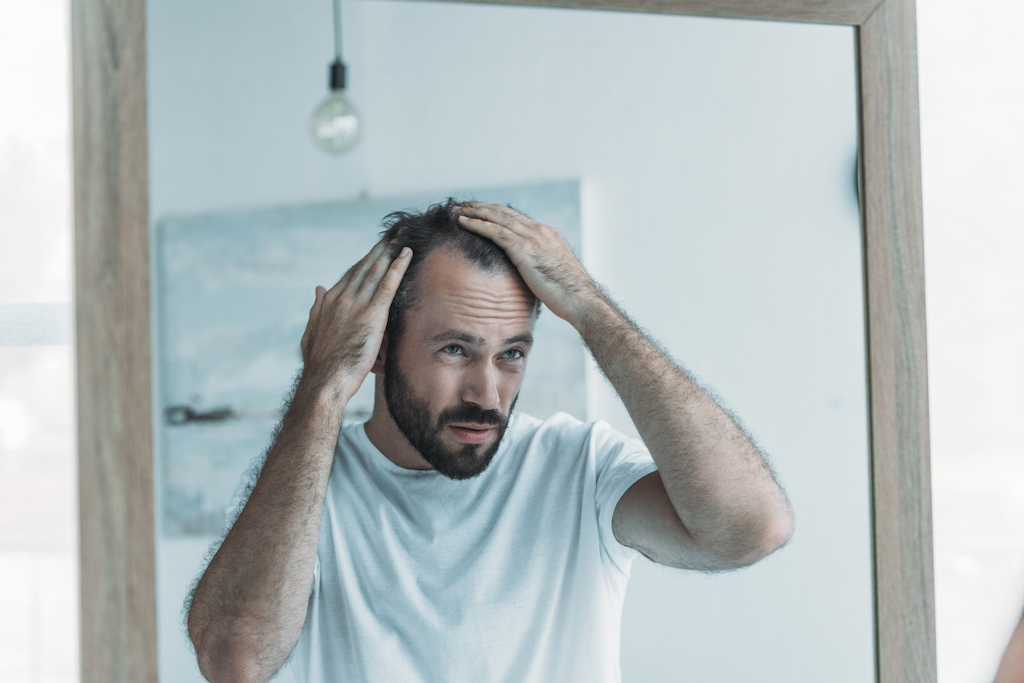
Changes in your appearance without having control of those changes can make you feel extremely insecure. Here at Haute Beauty, we understand the impact severe changes can have on a person. Hair loss, amongst other alterations in your appearance, is a very personal matter. Seeing the impact our hair restoration experts have made on their patients, we went to the main sources of knowledge to find out the coping mechanisms they share with their patients. Day in and day out, these tips below have been the saving grace for many, which is why we wanted to share them with you.
Intern Mayuri Rawal, Dr. Shamila Rawal | Hair Restoration | Wisconsin
Hair loss can be the result of many factors, most commonly of which is reduced blood flow. Sometimes hair follicles can be damaged by stress or medications such as chemotherapy. At other times, it can be due to the effects of hormonal change. Regardless of the cause, it takes time to heal the scalp, repair the damaged follicles, and regrow the hair. I remind my patients that hair growth takes a long time and that stressing about it lowers the chance of recovery because of continual damage to the follicles. I advise engaging in stress reduction techniques such as eating healthy foods, getting plenty of rest, or any healthy habit that puts the mind at ease.
Additionally, seeking the help of a therapist can provide ongoing support for stress and worry. More focused tips entail reducing trauma to the hair, such as keeping hair styling products, chemicals, and heat at a minimum. Setting realistic expectations for my patients and establishing a partnership with them gives them some control while also letting them feel that they are not alone in this journey. These techniques go a long way to helping my patients cope with hair loss.
For more information, visit Dr. Rawal's website, Instagram, or Facebook!
Dr. Melissa Toyos | Hair Restoration | New York
Whether it's from chemo, COVID, or genetics, hair loss of every type is personal. Hair loss can make confident people insecure, and it can be the secret you share – but don't talk about – even with your hairdresser. But luckily, we have science on our side and tools to help hair loss of every type. When my patients are struggling with hair loss, here are the top three tips I provide to them:
- Remember that in many cases, hair loss is temporary. Chemo, pregnancy, and COVID can all cause hair thinning, but once the event is past, your body will naturally start to bounce back in one to three months. With chemo, hair regrowth can temporarily be a different texture or shade.
- Prevention is key. Cancer is traumatizing but for many patients, the associated hair loss feels like a loss of identity. There are steps that can be taken to prevent hair loss during chemo like wearing a cooling cap to reduce the blood flow in the scalp and spare your hair. This can also result in less chemo being delivered to your scalp with an increased risk of cancer there, so talk to your doctor before starting any treatment.
- Hair restoration products can speed up regrowth. Depending on your situation, vitamin supplementation, platelet-rich plasma, topical minoxidil (especially when compounded with other hair growth factors like retinol, prostaglandins, finasteride, and anti-inflammatory agents), and oral agents like minoxidil and finasteride can speed your recovery. One of my favorite tricks is combining oral and topical minoxidil to maximize results.
When dealing with hair loss of any cause, it's important to remember to be gentle to your hair (hair may be more brittle and vulnerable during and after chemo) – so avoid heat and processing as much as possible. Applying Olaplex is like going to the gym for your hair – it helps repair broken bonds, so hair gets stronger each time you use it. Remember to protect your scalp with a physical sunblock (zinc or titanium – never chemical sun protection). While you are being gentle to your hair, remember to be gentle to yourself. Whatever the circumstances are that caused your hair loss, ideally, you can get through it, survive and thrive – maybe even with a better head of hair than you started with!
For more information, visit Dr. Toyos's website, Instagram, or Facebook!






